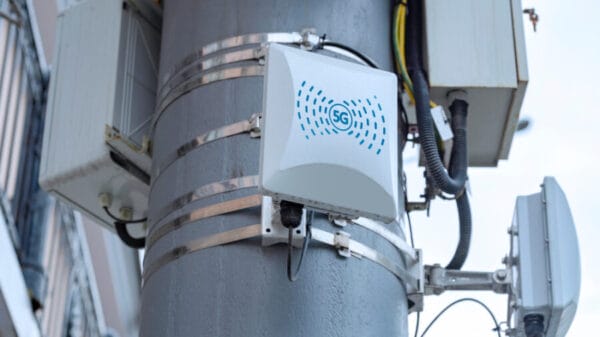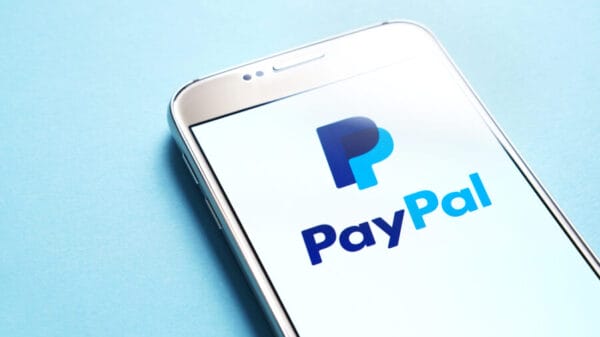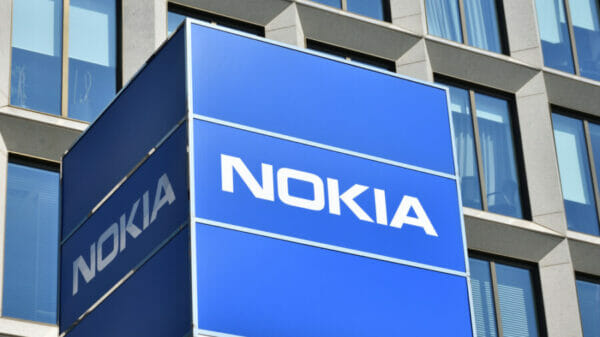A brief history of Cortana
Cortana, a digital assistant similar to Alexa, was first introduced for Windows Phone and later made its way to Windows 10 in 2015.
Microsoft has officially closed down the Cortana app for Windows 11. Users are receiving an update that disables the digital assistant on their Windows devices.
This decision to shut down Cortana on Windows 11 comes nearly three years after Microsoft removed the digital assistant from the Android and Apple app stores.
When Windows 11 users attempt to open the Cortana app, they are directed to a notice stating that the digital assistant has been shut down. The notice also provides a link for users to read more about the Cortana shutdown.
In addition to Windows 11, Cortana will no longer be supported in Teams mobile, Microsoft Teams Display, and Microsoft Teams Rooms by late 2023. However, Outlook mobile (formerly Hotmail) will continue to support Cortana.
Cortana’s competition with Alexa and Google Assistant
Cortana was initially launched as a digital assistant for Windows Phones in 2014. It offered support for voice commands, reminders, and even opening applications. In 2015, Cortana became deeply integrated into the Windows taskbar with the release of Windows 10.
However, Windows 11 did not include Cortana in its taskbar. Instead, it was available as a separate app until now.
Although Cortana was intended to be a “key ingredient” in Microsoft’s future operating system plans, it was unable to gain as much popularity as competitors like Alexa or Google Assistant.
A new replacement for Cortana: Windows Copilot
Despite Cortana’s lack of success, Microsoft is now introducing a new sidebar assistant called ‘Windows Copilot’ as a replacement.
Powered by Bing Chat, Windows Copilot has the ability to control Windows settings, answer questions, and perform other tasks. Microsoft plans to make Windows Copilot available by the end of 2023.
Image Source: ymgerman / Shutterstock















